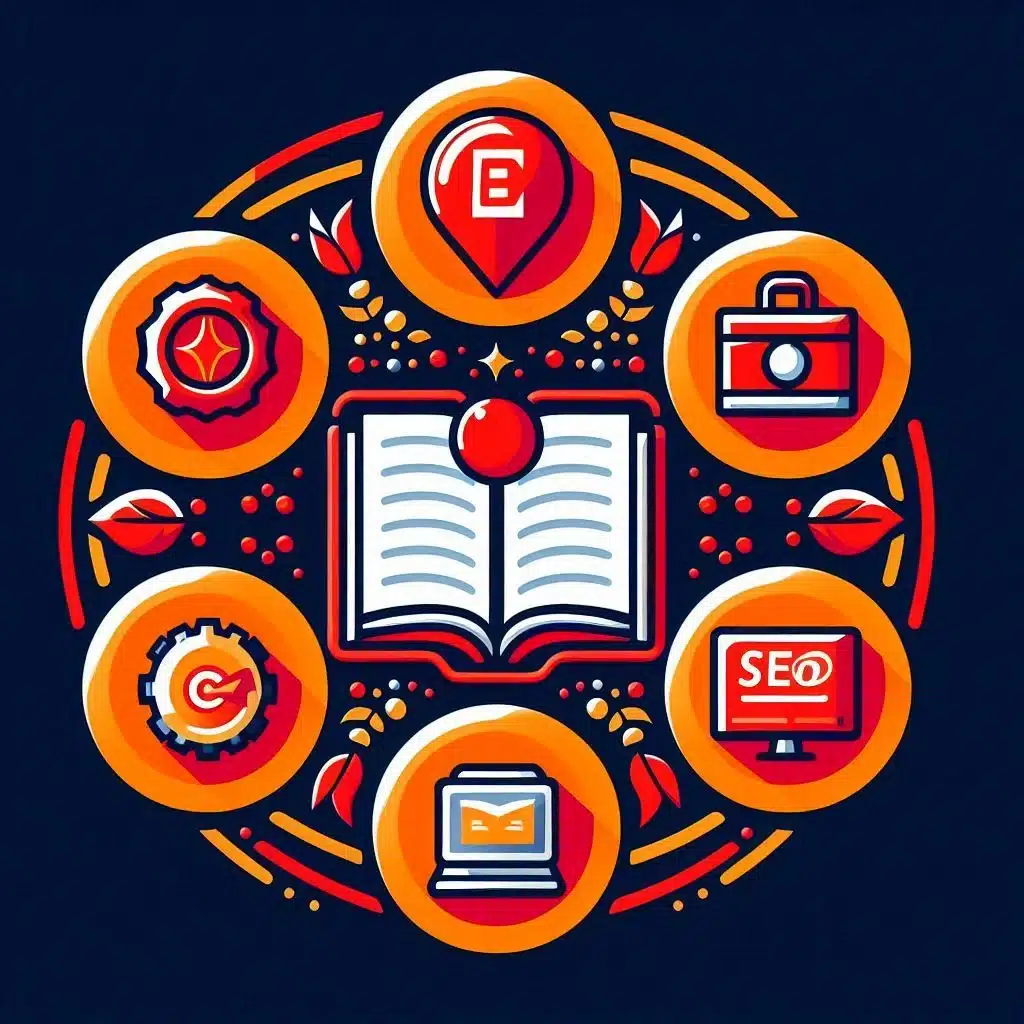
Why Content Is Important in Digital Marketing: 5 Reasons Content Is the Important Part of Digital Marketing
Today’s consumers are more educated, more discerning about the companies they engage with, and have access to more information than ever before. They can easily get recommendations from peers and explore a variety of sources to make informed decisions. While digital marketing is incredibly important, it’s essential to remember that people live both online and offline. Therefore, content should be present across different channels and touchpoints, seamlessly integrating into their lives and adding value rather than being seen as disruptive. At the core of an effective digital marketing strategy is content – the messages, information, and experiences shared across various online platforms. Content should be the foundation of every marketing campaign for five key reasons: it allows for in-depth storytelling, demonstrates an understanding of the audience, complements traditional marketing, enhances visibility through search engines, and fosters creativity among marketers. Let’s explore these reasons in detail.
1. In-Depth Storytelling
Content marketing enables brands to go deeper with their messaging, offering many ways to tell their story comprehensively. Unlike traditional advertising, which is often limited to a 30-second TV commercial or a one-page ad, content marketing allows for extended engagement. Brands can share detailed blog posts, informative videos, and engaging social media updates that provide a richer narrative about their values, mission, and the benefits of their products or services.
This depth of content helps build a more robust brand identity and voice, making the brand more recognisable and memorable to the audience. For instance, a series of blog posts about a brand’s commitment to sustainability can provide a detailed look at their practices, helping to build a stronger connection with environmentally-conscious consumers.
Moreover, content marketing allows brands to share their story in a way that resonates with their audience. This storytelling creates an emotional connection, which is vital for fostering loyalty. Through every piece of content, such as a web page or social media post, brands can convey their ethos and engage with consumers on a more personal level.
2. Demonstrating Audience Understanding
Content marketing shows that a brand understands its audience, their needs, issues, and the solutions that can improve their lives or work. By delivering valuable and relevant content, brands can address common questions and problems faced by their audience. This not only establishes the brand as an authority in its field but also builds trust with the audience.
When a brand consistently shares content that is tailored to its audience’s interests and pain points, it demonstrates a genuine commitment to providing solutions. This could be through detailed guides, how-to articles, or case studies that showcase the brand’s expertise and ability to meet the audience’s needs. Social media platforms are particularly effective in sharing this content and getting an almost immediate feel about how well it serves the target audience.
Furthermore, content can be delivered across multiple channels and in various formats, such as email marketing, video marketing, podcasts, and infographics. This multi-channel approach ensures that the message reaches the audience where they are most active, whether it’s on social media, through email newsletters, or via search engine marketing.
3. Complementing Traditional Advertising
While content marketing is powerful, it does not eliminate the need for traditional advertising and paid marketing. Instead, advertising should sit beneath the overall content marketing strategy, supporting and amplifying the core message. Advertising remains a valuable tool for delivering concise, impactful information and achieving brand awareness, but online marketing provides the depth and context that advertising alone cannot achieve. The whole concept of inbound marketing was significantly changed, when new avenues opened up through digital routes.
Advertising can be used to draw attention to high quality content, driving traffic to blog posts, videos, or social media updates. A good digital strategy can go a long way. For example, a well-placed ad can lead users to a comprehensive guide or a series of videos that delve deeper into a topic of interest. The same videos can be made shorter and used through social media marketing. This integrated approach should be part of every digital marketing campaign, ensuring that the brand message is consistently reinforced across all channels.
Moreover, advertising can benefit from the insights gained through content marketing. By analysing the performance of various valuable content pieces, brands can identify which messages resonate most with their audience and tailor their advertising campaigns accordingly. This data-driven approach helps optimise ad spend and improve overall campaign effectiveness.
4. Improving Search Engine Visibility
Digital content not only engages your audience but also plays a crucial role in search engine optimisation (SEO). High quality content is fundamental to effective SEO, as search engines like Google prioritise websites that provide valuable, relevant information to users.
Creating content that is optimised for search engines involves using relevant keywords, structuring content properly, and ensuring that it is comprehensive and useful. Blog posts, articles, and other written content that address common questions or problems within an industry can significantly boost a website’s search engine rankings. When a website consistently publishes good content that answers users’ queries, it establishes itself as an authority in that field, which is rewarded by higher rankings in search results.
Additionally, content marketing and SEO are closely intertwined. The more great content a brand produces, the more opportunities it has to rank for various keywords. This increases the chances of attracting organic traffic from different digital media and search queries. Long-form content, such as detailed guides and how-to articles, tends to perform well in search engines because it provides in-depth information that users find valuable.
5. Fostering Creativity Among Marketers
Content marketing makes the lives of marketers more exciting because it allows them to bring their ideas to life and get more creative than ever. Whether they work for a digital marketing agency, or in-house, looking after all kinds of channels for their employers, a content marketer can experiment with different types of content creation and find innovative ways to engage their audience. Digital marketing efforts are also easy and quick to measure, providing extra motivation to individuals and teams.
Whether it’s creating an engaging video series, developing interactive infographics, or writing in-depth blog posts, content marketing offers endless opportunities for creativity. This freedom not only makes the work more enjoyable for marketers but also offers ways for different career paths. We’ve found that content writing might be the way for some to become authors, video content creation can lead them to a career in the entertainment industry.
Additionally, the variety of content formats available in digital marketing – from social media posts to email newsletters, from podcasts to webinars – allows a digital marketer to leverage their unique skills and interests. This diverse approach can lead to more engaging and effective content, as marketers are able to play to their strengths and explore new ideas.
Need extra resources to work on your content marketing?




















